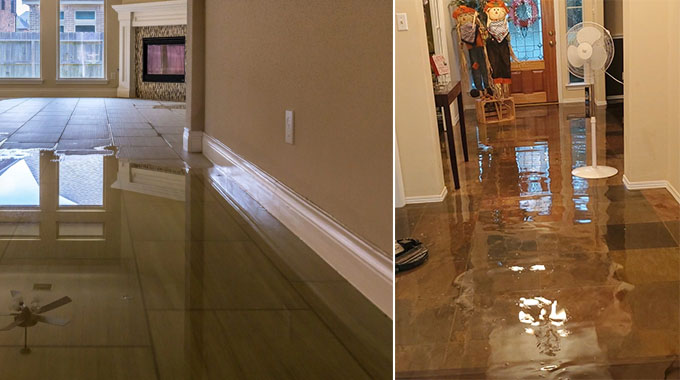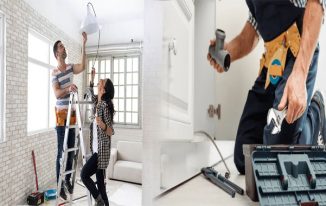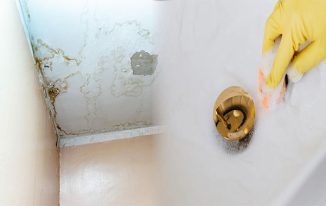When it comes to protecting your home from water damage, there are some steps you can take to prevent a severe disaster from occurring. These include preventing leaks from frozen pipes, repairing broken and raised electrical system components, and ensuring your gutters and downspouts are in good shape before water clean up Annapolis is needed.
Caulk
Caulk is a sealant that can prevent water from seeping into the house. It can be used around windows, doors, and other potential leaks. This can help keep your home from getting damaged by water, which can be costly.
Caulking is a simple process once you know how to do it. But it’s also essential to take the time to inspect your home for cracks and holes. If you find any, it’s a good idea to fix them as soon as possible.
Cracks in the foundation of your home can lead to structural damage. If the cracks aren’t repaired, they can become more extensive and cause further damage. The best way to deal with this problem is to seal the cracks with caulk.
Prevent leaks
There are some things you can do to prevent leaks. However, many leaks need to be visible. They can be caused by appliances or plumbing problems. Taking precautions is the best way to avoid water damage.
First, check your plumbing system. This can include checking the faucets and sinks in your kitchen and bathroom for leaks. Leaking pipes can cause extensive damage and pose health hazards.
Another good idea is to install leak detection sensors. These can detect small drips or pinholes between walls and alert homeowners of potential water problems. Some devices even send alerts to your smartphone.
Next, check your downspouts and gutters for potential leaks. Leaking downspouts can lead to flooding in your basement, and clogged drains can create rainwater intrusion.
Prevent pipes from freezing
If you live in a cold climate and want to avoid having your pipes burst, there are a few tips and tricks you can follow. Preventing pipes from freezing is a great way to protect your home and wallet.
The first step to preventing pipes from freezing is to get your house as warm as possible. While keeping your thermostat at a constant high setting isn’t always practical, you should do your best to keep it above 50 degrees. Even a slight drop in temperature during the night can cause your pipes to freeze.
A smart thermostat can help. You can set yours to lower your home’s temperature while you’re away.
Clean your gutters and downspouts
Cleaning your gutters and downspouts is essential to protecting your home from water damage. A proper drainage system will help prevent excess rain from causing mold or flooding in your basement.
If you have trees near your house, you will likely find debris from leaves and branches accumulating in your gutters. Unfortunately, this can also lead to clogged downspouts. Use a power washer or garden hose to clear out a downspout.
Gutter cleaning should be done at least once a year. However, you may need to clean your gutters in storm-prone areas more frequently.
Once you have cleaned your gutters and downspouts, check for leaks. You can fix leaks with waterproof sealing tape or spray sealant.
Raised electrical systems components
If you live in a flood-prone area, consider raising the components of the electrical system in your home. You should not only grow them but also consider the other elements of your building that may be susceptible to flooding. The components of an electrical system include switches, light fixtures, and outlet outlets.
The NEC (National Electrical Code) has requirements for accessing these components. It is also worth noting that the electrical service disconnect is a primary component of your residential electric system. Usually, this piece of equipment is located 10 feet off the ground. To minimize the number of exposed service conductors, the disconnect is generally found as close to the meter as possible.
Pay attention to signs of water damage
If you are a homeowner, you need to know how to spot the signs of water damage. According to water clean up annapolis experts this is important because it could be the first sign of a bigger problem. Unfortunately, addressing a water problem immediately could lead to more costly repairs.
Water damage can be caused by leaky pipes, overflowing bathtubs, or bad weather. In the worst cases, flooding can occur. A sudden spike in your utility bill is a good indicator of a leak, but you must also look for other causes.
You may not have seen it, but your home’s structural integrity could be at stake. Checking for cracks in your foundation is an excellent way to determine whether or not you need to make any repairs.














